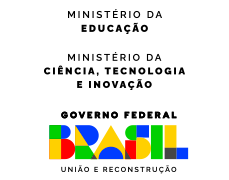How the SBM contributed to the development of mathematics
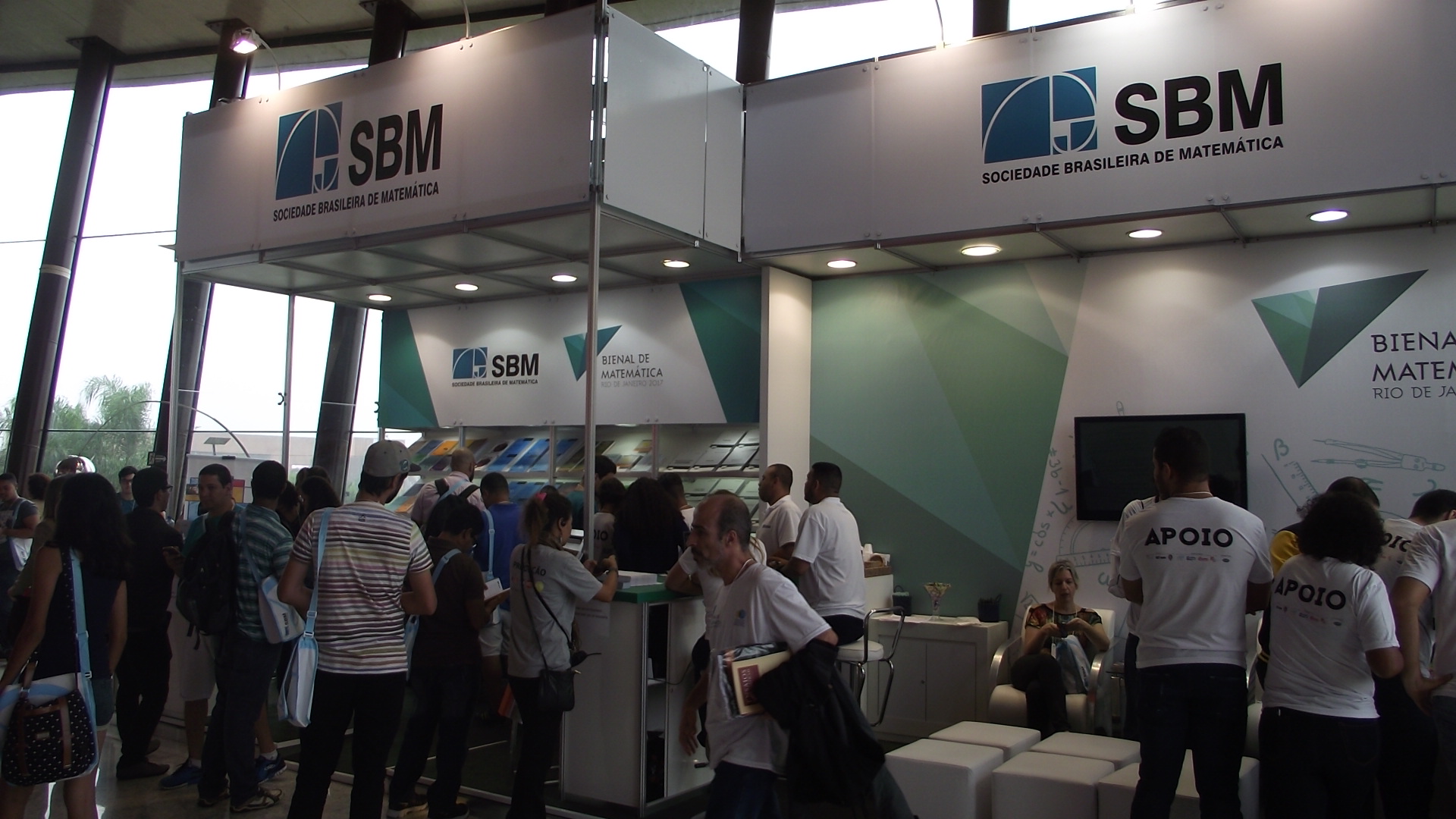
* The text below was part of the application dossier from Brazil to Group 5, the elite of World Mathematics, International Mathematical Union
The Brazilian Mathematical Society (SBM) represents Brazil in the International Mathematical Union (IMU) and the Mathematical Union for Latin America and the Caribbean (UMALCA), besides being a founding member of the Mathematical Council of the Americas (MCofA). After its foundations, in 1969, other mathematical societies were created: the Brazilian Society for Applied and Computational Mathematics (SBMAC), the Brazilian Statistics Association (ABE), the Brazilian Society for Mathematics Education (SBEM), the Brazilian Society for the History of Mathematics (SBHMat) and the Brazilian Computation Society (SBC).
The SBM’s mission includes contributing to the development of mathematics throughout the country; bringing together mathematicians and mathematics teachers; stimulating high level mathematics research and the dissemination of mathematical knowledge in the Brazilian society; contributing to the improvement of mathematics education; encouraging international exchange between mathematicians based in Brazil and abroad; defending the freedom of teaching and research, as well as the professional interests of mathematicians; offering advice and collaboration in mathematics to all institutions.
The SBM has about 2,000 associates, young and senior, and is a nonprofit publishing house for mathematics books and journals. It organizes scientific meetings and schools, both domestic and international, and supports the mathematical Olympiads. Since 2013, it offers a biennial research prize. It also runs several broad interest initiatives, such
as PROFMAT, the nationwide master’s program for school teachers.
SBM Prize – It rewards the best original research paper in mathematics published in the last three years by a young mathematician working in Brazil. It is awarded in biennialy, during the Brazilian Mathematics Colloquium, by a five-member international committee whose judgement is based on originality, relevance, depth and potential impact in the field. It says much of the SBM Prize’s quality that all winners thus far have then been ICM invited speakers.
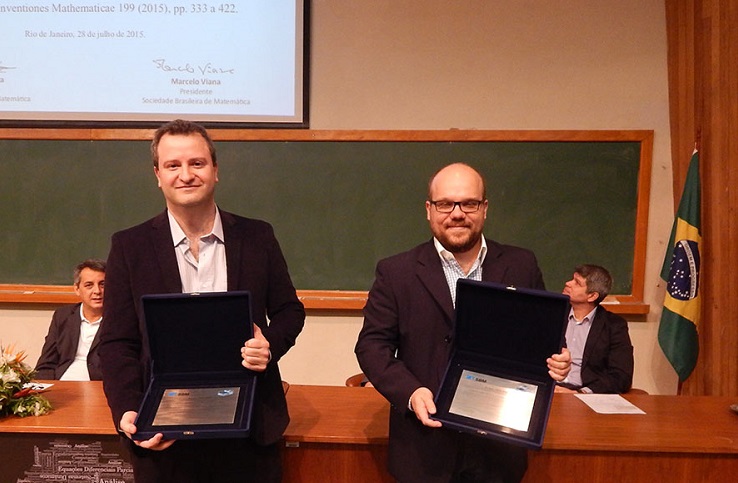
SBM Prize winners:
2013: On the regularization of conservative maps, published by Artur Avila (IMPA) in Acta Mathematica.
2015: A Poincaré-Birkhoff theorem for tight Reeb flows on S³, published by Umberto Hryniewicz (UFRJ) e Pedro Salomão (USP), jointly with Al Momin, in Inventiones Mathematicae.
2017: Independent sets in hypergraphs, published by Robert Morris (IMPA), jointly with József Balogh and Wojciech Samotij, in the Journal of the American Mathematical Society.
SBM book series: The Brazilian Mathematical Society is a nonprofit publishing house for mathematics
books in Portuguese.
SBM book collections
Fronteiras da Matemática (2014): Advanced texts in all areas of mathematics addressing topics important for graduate students and researchers and reaching the frontiers of current knowledge.
Textos Universitários (2004): Mathematical texts at the undergraduate and graduate levels, with a special focus on the first years of college education, including calculus, analytic geometry and linear algebra.
Professor de Matemática (1985): An extended series of books covering the material taught in high school. In addition to contents, a main concern is to discuss the classroom practice, so as to provide the teacher with the instruments to highlight connections between different topics.
PROFMAT (2012): Textbooks for training elementary through high school teachers in all aspects of mathematics, its teaching practice, its history and its applications. It includes the
bibliographic references for the professional master’s program.
Matemática Aplicada (2000): Aiming to disseminate and stimulate the use ofmathematics in the applied sciences, as well as to encourage interest for mathematics among students in related areas. In partnership with the Brazilian Society for Applied and Computational Mathematics (SBMAC).
Iniciação Científica (1985): A series of books in mathematics and related fields aimed at students and offering content – from classic to modern and theoretical to applied – in addition to the current curricula.
Olimpíadas de Matemática (2003): A collection of texts and problems directed to the preparation for mathematical contests, targeting school and college students and teachers.
Matemática para o Ensino (2015): This series offers the teacher a careful, broad and deep approach to school mathematics, highlighting the connections between mathematics as a science and its practice in the classroom.
História da Matemática (2016): Texts offering a dynamic perspective of the advancement of mathematics throughout the ages, focusing on the genesis and consolidation of its concepts.
The Brazilian Mathematical Society also distributes three book series published by IMPA:
IMPA book collections
Projeto Euclides (1976): Textbooks on graduate topics, mostly arising from current research areas carried out in the country.
Matemática Universitária (1991): Offers college professors and students the possibility to use books in Portuguese fully adapted to the Brazilian curricular structure.
Matemática e Aplicações (2005): Books employed in graduate and undergraduate courses, dealing mostly with techniques from other branches of science associated with mathematical models.
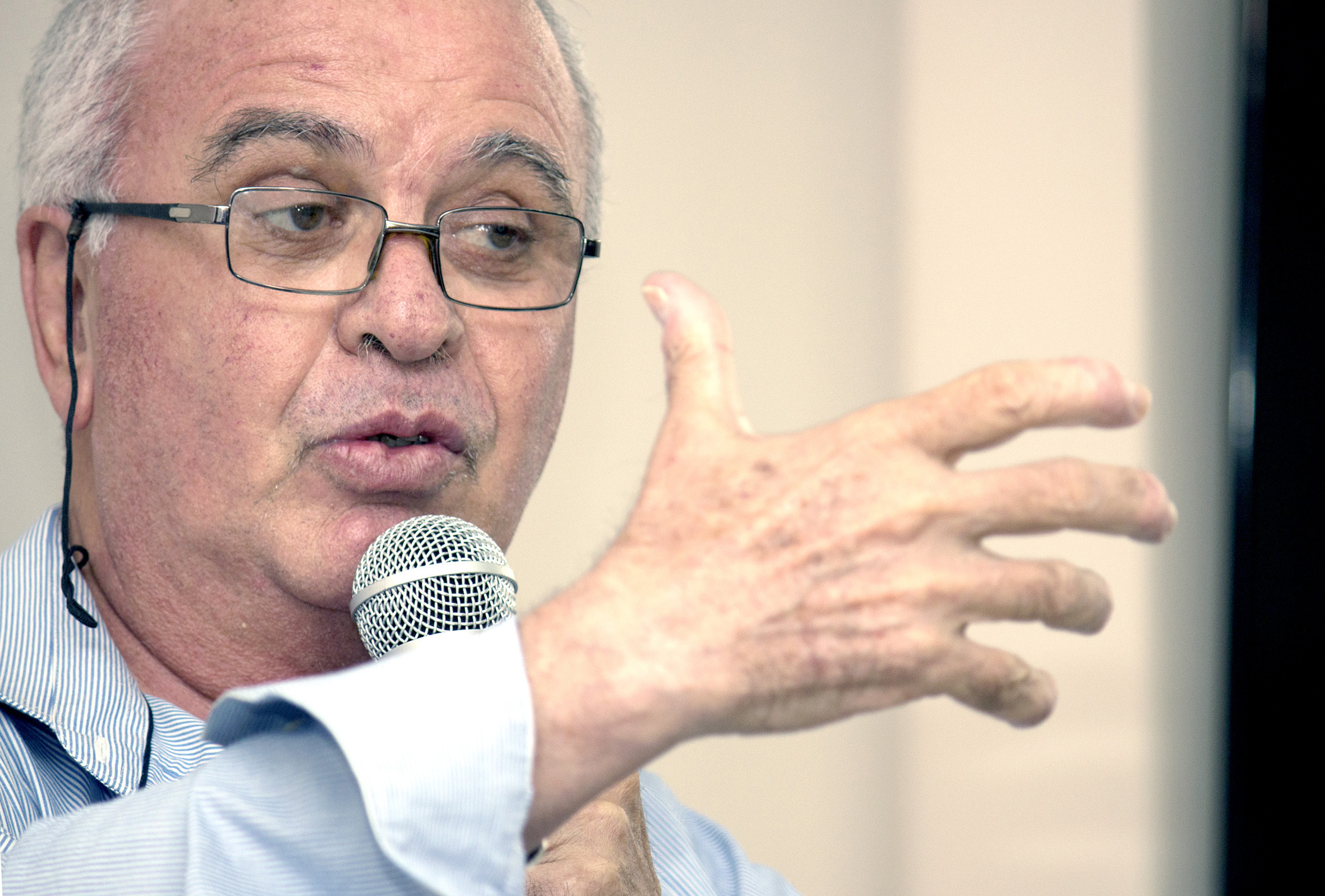
Selected works of Brazilian mathematicians: IMPA and SBM signed an agreement with Springer-Verlag for the publication of the selected research papers of renowned Brazilian mathematicians. The following volumes of selected papers already appeared Manfredo do Carmo (2012), Djairo de Figueiredo (2013), Jacob Palis (2014), Ricardo Mañé (2017). A few more are in preparation.
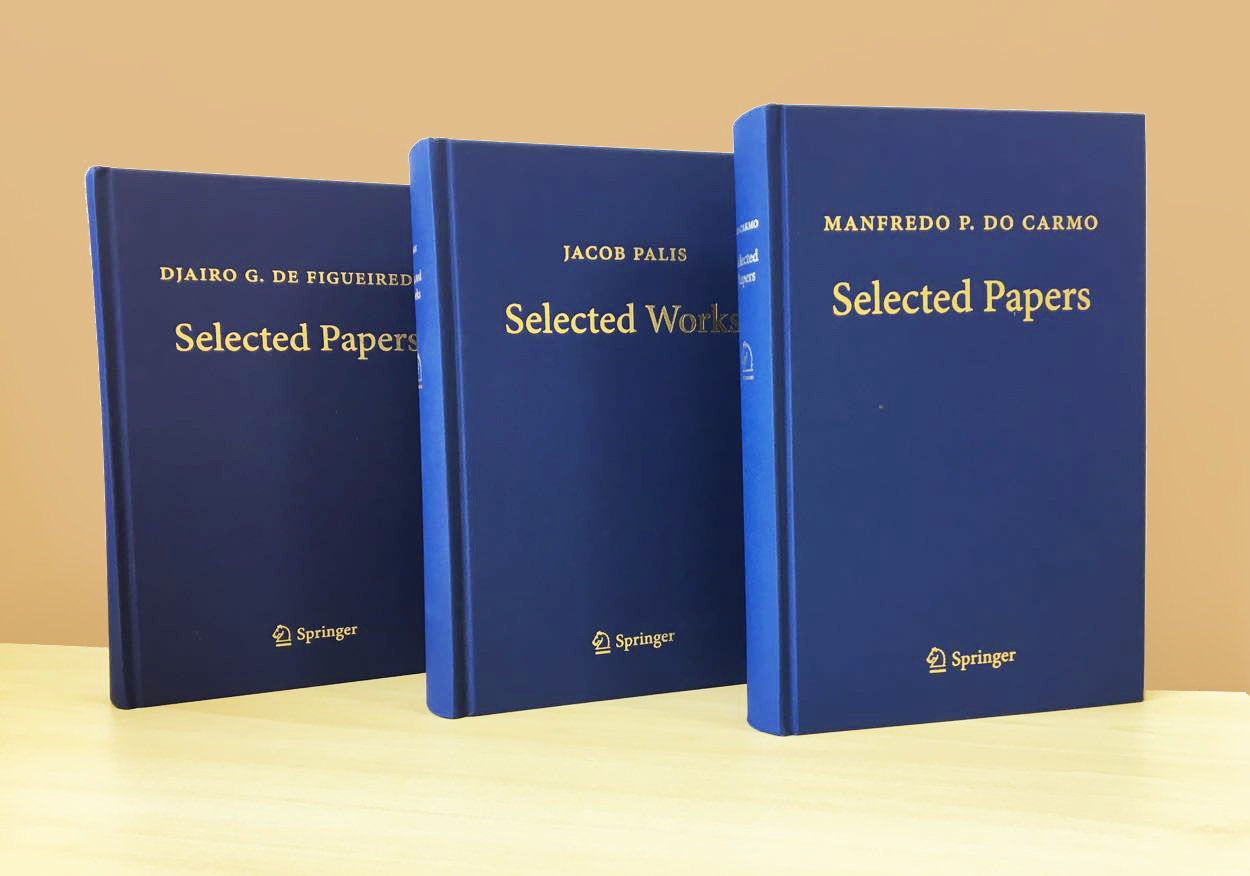
SBM Journals: The Brazilian Mathematical Society publishes a wide range of academic journals, targeted at different audiences: researchers, college professors and students and school teachers.
Bulletin of the Brazilian Mathematical Society (1970): The most prominent Brazilian research journal in mathematics. Indexed by ISI and distributed by Springer Verlag, it publishes four issues per year with about 180 pages per issue.
Matemática Contemporânea (1991): A venue of choice for proceedings of mathematics meetings. Each volume has an associate editor and typically includes refereed research and
survey articles.
Ensaios Matemáticos (1989): Conceived as a vehicle for authoritative review and stateof-the-art papers and surveys of areas of mathematics in vigorous development.
Matemática Universitária (1985): Publishes articles geared towards professors and college students, either with a scientific content or on various themes pertaining to college life in
Brazil.
Eureka! (1998): Run by the Brazilian Mathematical Olympiads Committee, this series publishes articles related to mathematics competitions, including problems and ingenious solutions.
Revista do Professor de Matemática (1982): A quarterly journal targeted at school teachers, containing articles of general interest concerning the school curriculum in mathematics, and beyond.
Professor de Matemática On-line (2013): An electronic vehicle for the publication of academic articles concerning the training of school teachers, in all aspects of mathematics, including education, history and applications.
Meetings: The SBM organizes periodic meetings, to help disseminate mathematics at all levels and in all parts of the country:
SBM meetings
Bienal da Matemática (2002): Aims to foster students’ interest in mathematics research and teaching. It has a very broad target audience, including students at
all levels and mathematics teachers and researchers.
Colóquios de Matemática das Regiões (2011): This cycle of meetings, held biennially in each of Brazil´s five major geographic regions, extends the scope of the Bienal to the whole national territory.
Simpósios da Formação do Professor de Matemática: these symposia are also held in a biennial cycle: a national meeting smaller ones in each of Brazil´s five regions. A partnership with the National Association of Mathematics Teachers (ANPMAT).
Joint Meetings: In addition to the relations with neighboring countries, strong ties have been established to some of the countries in the Northern Hemisphere. SBM, SBMAC and
IMPA run a cycle of joint meetings with their counterparts in some of these partners:
International joint meetings
1st AMS – SBM Joint Meeting, June 2008
http://www.sbm.org.br/amssbm
1st Brazil – India Joint Meeting in Mathematics, July
2008
https://impa.br/sobre/memoria/reunioescientificas/
2008-2/first-indo-braziliansymposium-
in-mathematics/
2nd Brazil – India Joint Meeting in Mathematics,
December 2009
http://math.tifrbng.res.in/~indobrazil/12.html
3rd Brazil – India Joint Meeting in Mathematics,
August 2012
https://impa.br/sobre/memoria/reunioescientificas/
3rd-indo-brazilian-symposium-inmathematics/
1st Brazil – Spain Joint Meeting in Mathematics,
December 2015.
http://www.sbm.org.br/jointmeeting-spain
1st Brazil – Italy Joint Meeting in Mathematics,
September 2016.
http://www.sbm.org.br/jointmeeting-italy
2nd Brazil – Spain Joint Meeting in Mathematics,
December 2018
http://www.rsme.es/content/view/2207/91/8
1st Brazil – France Joint Meeting in Mathematics,
August 2019.
http://www.sbm.org.br/jointmeeting-france
Keeping in mind that the year of 2022 will mark the 200th anniversary of Brazil’s independence from Portugal, the Brazilian Mathematical Society has started a discussion with the
Portuguese Mathematical Society about the possibility of a joint celebrative event.

Agreements: The SBM has reciprocity agreements with the: American Mathematical Society (USA), Canadian Mathematical Society (Canada), Société Mathématique de France (France), Real Sociedad Matemática Española (Spain), Unione Matematica Italiana (Italy), Sociedad Matemática Peruana (Peru), Sociedade Portuguesa de Matemática (Portugal), and all the Brazilian societies in the mathematical sciences: Applied and Computational Mathematics (SBMAC), Statistics (ABE), Mathematics Education (SBEM), History of Mathematics (SBHMat) and
Computation (SBC).
